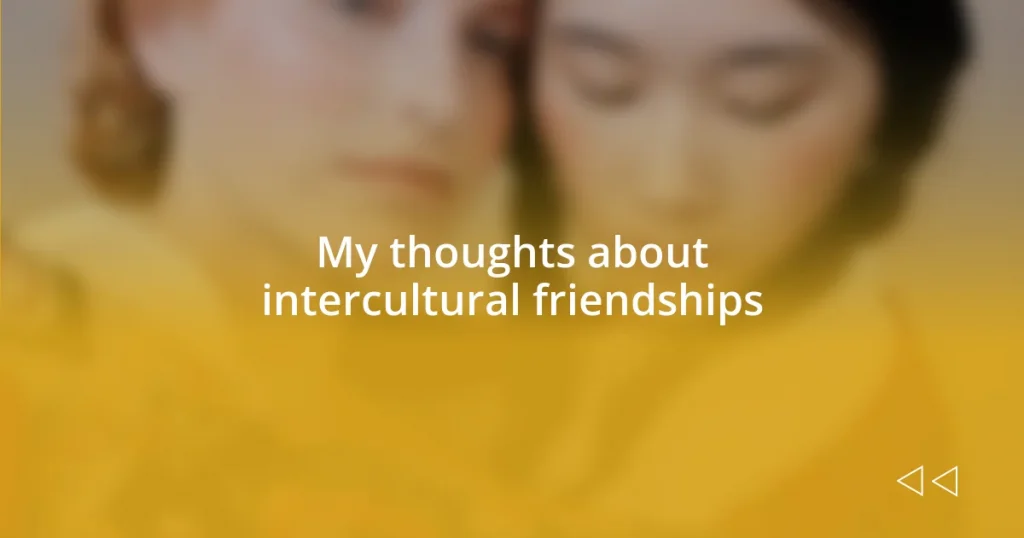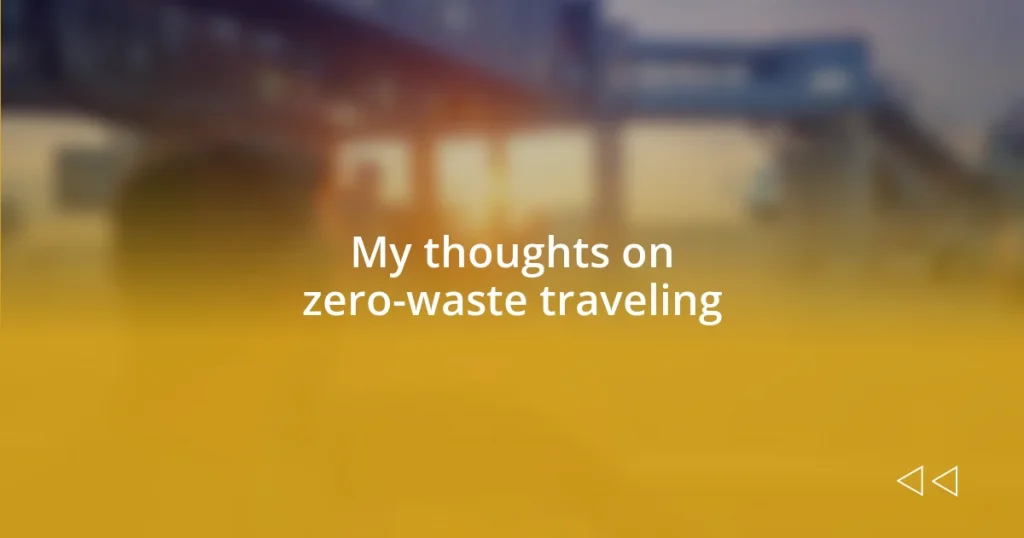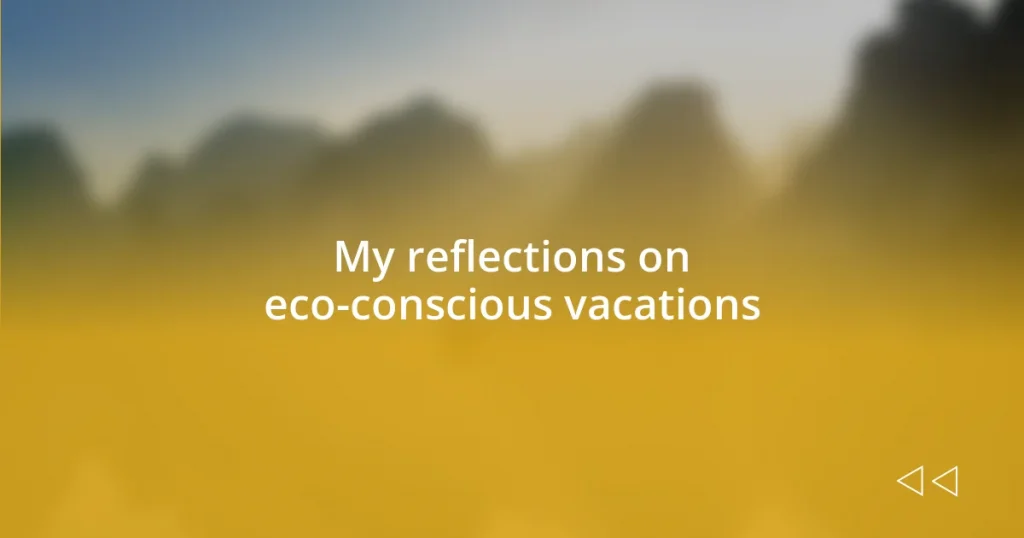Key takeaways:
- Intercultural friendships enrich personal experiences by offering new perspectives, fostering empathy, and enhancing communication skills.
- Challenges such as differing cultural norms, unintentional offense, and language barriers highlight the importance of open dialogue and patience in these relationships.
- Building and maintaining trust involves active listening, sharing personal stories, and celebrating each other’s cultures to deepen connections across diverse backgrounds.

Understanding intercultural friendships
Intercultural friendships are a beautiful exploration of shared humanity. I remember when I first befriended someone from a completely different background. It opened my eyes to new traditions and perspectives which I had never encountered before. Each conversation felt like peeling back layers of an onion, revealing fascinating insights that challenged my own beliefs.
Have you ever noticed how different cultural backgrounds influence communication styles? I found it fascinating how my friend’s directness came off as refreshing, while my more subtle approach sometimes led to confusion. This dynamic made me realize that understanding each other goes beyond just words; it’s about reading the nuances of tone and body language, which can vary widely across cultures.
In my experience, intercultural friendships require an intentional mindset. When I made a point to ask about my friend’s heritage, I discovered stories of resilience and joy that I could relate to, despite our different upbringings. It sparks a question: What treasures might we uncover if we seek to learn from someone whose life journey is different from our own? Embracing these exchanges not only enriches our lives but also fosters empathy, ultimately bridging gaps between cultures.

Benefits of intercultural friendships
Engaging in intercultural friendships is like adding vibrant colors to your life’s canvas. I vividly remember celebrating Diwali with my Indian friend. The joyful chaos of lights, sweets, and traditions was a revelation to me. It taught me not just about the festival, but also about community and the importance of togetherness in ways I had never experienced before. Such friendships cultivate a deeper appreciation for diverse practices, which often lead to more meaningful connections.
The benefits of intercultural friendships can be profound and wide-ranging:
- Expanded Worldview: I learned to see events from multiple perspectives, which has enriched my decision-making.
- Increased Empathy: Understanding my friend’s struggles and triumphs has made me more compassionate toward others.
- Personal Growth: Navigating cultural differences challenged me to adapt and grow, fostering resilience in the face of uncertainty.
- Enhanced Communication Skills: Learning to communicate across cultures has made me more articulate and better at understanding non-verbal cues.
- Network of Support: Building a diverse circle of friends provides a unique support system filled with varied resources and connections.
When I look back, I realize these experiences have not just changed how I interact with others, but have also profoundly shaped who I am today. The richness of intercultural friendships creates a tapestry of shared experiences that’s hard to replicate in more homogenous relationships.

Challenges in intercultural friendships
Navigating the complexities of intercultural friendships can be challenging yet rewarding. For instance, I once faced a misunderstanding with a friend from a different culture due to our differing expectations around punctuality. What seemed like casual tardiness to me was perceived as disrespectful to my friend. This experience taught me that cultural norms can significantly shape our interpretations of behavior, highlighting the importance of open dialogue to bridge these gaps.
Another notable challenge arises from the potential for unintentional offense. There was a time when I innocently referenced a cultural stereotype, not realizing it could be hurtful. It made me reflect on how certain expressions may carry heavy historical baggage. This encounter underscored the need for sensitivity and an awareness of the rich histories behind every cultural observation. Ignorance isn’t an excuse; rather, each misstep can serve as a learning opportunity if approached with humility.
Lastly, language barriers can often create frustrations in intercultural friendships. Engaging in heartfelt conversations with my friends who’s a non-native English speaker occasionally feels like we are playing a game of charades. I’ve learned to appreciate the effort it takes for them to express themselves in a second language while also recognizing that effective communication requires patience and creativity. Over time, I’ve realized that the essence of our connection transcends words, and it’s the shared laughter and mutual respect that truly strengthen our bond.
| Challenge | Example |
|---|---|
| Differing cultural norms | Misunderstanding around punctuality |
| Unintentional offense | Reference to a cultural stereotype |
| Language barriers | Struggles with heartfelt conversations |

Effective communication in diverse friendships
Effective communication is the backbone of any friendship, especially in intercultural settings. I recall a conversation I had with my friend from Japan that illuminated this principle for me. We were discussing our different approaches to feedback; while I tend to be direct, he preferred a more nuanced, subtle style. This divergence made me realize that understanding someone’s communication style is essential to avoiding misunderstandings and fostering a positive connection.
I often wonder how many friendships falter simply because people fail to clarify their intentions and feelings. One time, I interpreted a quiet moment during a gathering as a lack of interest, only to find out later that my friend was deep in thought, absorbing the atmosphere. This experience taught me that silences can hold meaning too, and by asking questions or seeking clarification, we can pave the way for richer, more fulfilling interactions.
Furthermore, embracing non-verbal cues can also enhance our communication. I remember attending a family gathering with a friend from Brazil. The lively gestures and expressive body language not only made our discussions more engaging but also broke down barriers that words alone could not. This illustrated how crucial it is to read the room and adapt our communicative styles to fit different cultural contexts—it’s truly a dance of understanding that brings us closer together.

Building trust across cultures
Building trust across cultures starts with taking the time to understand each other’s backgrounds and values. I remember a dinner with a friend from Finland, where we shared our family traditions. As we talked about the significance of our cultural rituals, I felt a bridge forming between us. It was clear how much our backgrounds shaped our identities, and being open in that discussion allowed us to build trust. Have you ever shared personal stories with someone from another culture? It can be a powerful way to establish a connection.
Engagement in active listening is another key element in building trust. Once, during a casual coffee catch-up with a friend from Nigeria, I realized that I had been dominating the conversation, sharing my thoughts while not fully understanding her perspective. When I paused and invited her to share her feelings, the depth of trust in our relationship grew immensely. It struck me how important it is to create space for dialogue where everyone feels heard—it’s not just about speaking but truly being present for each other.
Establishing common ground can also strengthen intercultural bonds. I once participated in a cooking class with friends from various backgrounds, each sharing a dish from their culture. The laughter and stories that unfolded around the kitchen table made it clear that our differences became our strengths. It encouraged me to reflect on the power of shared experiences; by embracing our diverse traditions, we not only deepen our friendships but also cultivate an environment of mutual respect and trust that transcends cultural barriers. Isn’t it fascinating how something as simple as cooking together can lay the foundation for lasting trust?

Maintaining intercultural friendships
Maintaining intercultural friendships requires consistent effort and open-mindedness. I vividly remember a time when I made a cultural faux pas while celebrating Diwali with a close friend from India. I unknowingly omitted a crucial tradition, and my friend gently pointed it out. Instead of feeling embarrassed, I appreciated her honesty, which reminded me how important it is to be open to learning and growing together. Each moment like this becomes an opportunity to deepen our friendship.
Another essential aspect of these friendships is the commitment to celebrating each other’s cultures. I try to participate in cultural events my friends invite me to, whether it’s a Lunar New Year celebration or a Thanksgiving dinner. These experiences not only broaden my perspective but also show my friends that I value their heritage. Yet, I also find it equally important to share my own traditions. I once hosted a barbecue where I introduced my friends to the joy of grilling, complete with stories and laughter. Bridging our cultures in these shared moments reinforces our bond and creates lasting memories.
Finally, I believe that patience plays a critical role in maintaining these friendships. Navigating cultural differences can sometimes lead to misunderstandings. Once, I mistook a gentle joke from my British friend as criticism, causing an awkward moment. Instead of letting it slide, we took time to unpack the misunderstanding, allowing for clarity and strengthening our friendship. This taught me that confronting issues with kindness can enhance our connection, making it easier to navigate the complexities of intercultural friendships. Have you ever had to address a misunderstanding in a similar way? Those conversations can truly be transformative.

Personal experiences with intercultural friendships
I’ve had some beautiful experiences with intercultural friendships that have truly enriched my life. I remember a summer spent studying abroad in Spain with a group of students from different countries. One evening, as we all gathered to share our favorite songs, I was surprised by how music transcends language barriers. Listening to the unique rhythms and melodies from their cultures felt like a celebration of our differences, and I realized in that moment how interconnected our human emotions can be. Have you ever felt a connection through music, even when words fail?
Another poignant memory stands out from a friendship with a classmate from Japan. During our many discussions about our childhood experiences, I learned how much storytelling meant in her culture. One day, we decided to exchange letters, sharing stories that shaped our youth. While writing about my adventures in the outdoors, I felt vulnerable yet hopeful; it was a raw and beautiful moment of sharing. That exchange deepened our bond and showcased how vulnerable we can be when we let others into our world. Have you ever shared something personal with someone from another culture that changed your perspective?
I also recall a quiet afternoon tea with a friend from Kenya, where we explored the meaning of ‘ubuntu’—a South African philosophy emphasizing our interconnectedness. We talked about how this principle resonates in our lives and how it guides our friendships. It made me realize that every intercultural friendship can serve as a mirror, reflecting our shared humanity despite distinct backgrounds. Honestly, it filled me with gratitude. Isn’t it amazing how concepts from different cultures can offer us a new lens to view our relationships?















